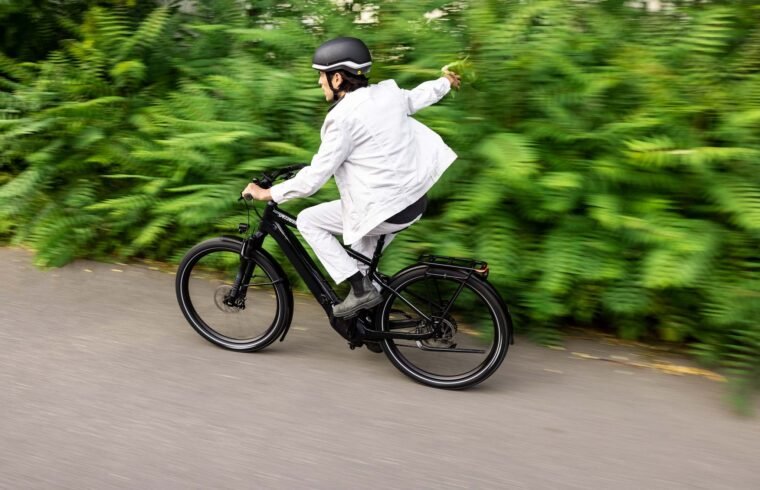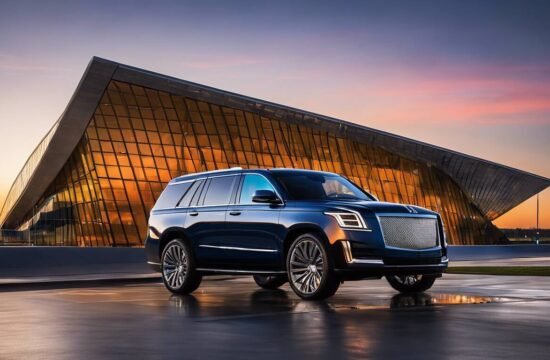Electrical bikes, or e-bikes, are transforming modern transportation by combining traditional pedaling with an electric motor. This hybrid functionality provides a more efficient and effortless riding experience. As urban landscapes shift toward sustainable mobility, e-bikes emerge as an eco-friendly and practical alternative.
How Electrical Bikes Work
An e-bike is equipped with a motor, a rechargeable battery, and a control system. The motor assists the rider by amplifying pedaling power or, in some cases, completely propelling the bike forward. Depending on the model, e-bikes either use pedal-assist technology or throttle-based acceleration. The battery powers the motor, extending the rider’s endurance and travel range, making cycling accessible to a broader audience.
Reasons to Choose an Electrical Bike
E-bikes offer numerous advantages, making them a popular choice among commuters, fitness enthusiasts, and environmentally conscious riders.
Eco-Friendly and Energy-Efficient
Unlike conventional motor vehicles, electrical bikes produce zero emissions, helping to reduce air pollution. They consume significantly less energy than cars, making them a sustainable choice for daily commuting.
Cost-Effective Commuting
E-bikes eliminate fuel expenses and have lower maintenance costs compared to gasoline-powered vehicles. They are an excellent long-term investment, saving riders money on transportation expenses while offering efficient mobility.
Improved Health and Fitness
Although e-bikes include motor assistance, riders still engage in physical activity. The combination of pedaling and electric support allows people of all fitness levels to stay active without excessive strain, promoting cardiovascular health and muscle endurance.
Key Features to Consider When Buying an Electrical Bike
Selecting the right e-bike involves evaluating critical factors that impact performance, comfort, and safety.
Battery Life and Charging Time
The battery capacity determines how far an e-bike can travel on a single charge. Buyers should consider the battery range and charging duration to match their commuting needs. A high-quality lithium-ion battery typically provides longer lifespans and better efficiency.
Motor Power and Performance
The wattage of an e-bike motor directly affects its speed and climbing ability. A powerful motor ensures smooth acceleration and better handling on inclined terrains. Mid-drive motors offer balanced performance, while hub motors are more budget-friendly and suitable for flat terrains.
Ergonomic Design and Comfort
Comfort plays a significant role in the overall riding experience. Features such as adjustable seats, ergonomic handlebars, and suspension systems contribute to a smoother ride, particularly for long-distance commuters.
Safety and Durability Features
A well-built e-bike should include essential safety components such as disc brakes, integrated lighting, and reflective elements. Additionally, high-quality tires and a sturdy frame enhance durability and reliability over time.
Types of Electrical Bikes and Their Uses
Different e-bike models cater to varying riding styles and needs.
Commuter E-Bikes for Urban Travel
Designed for city streets, commuter e-bikes prioritize convenience and efficiency. They often come with built-in racks, lights, and fenders for daily commuting needs.
Mountain E-Bikes for Off-Road Adventures
Mountain e-bikes are equipped with robust suspension systems, powerful motors, and rugged tires, making them ideal for tackling steep terrains and rough trails.
Folding E-Bikes for Portability
Folding e-bikes are lightweight and compact, making them perfect for travelers, apartment dwellers, and individuals with limited storage space.
Cargo E-Bikes for Heavy Loads
Cargo e-bikes feature reinforced frames and extended carriers, allowing riders to transport goods, groceries, or even passengers efficiently.
Maintenance Tips to Extend Your E-Bike’s Lifespan
Proper care and maintenance help keep an e-bike in optimal condition for years to come.
Battery Care for Longevity
To maximize battery efficiency, avoid overcharging and store it in a cool, dry environment. Regularly checking battery health prevents unexpected failures.
Tire and Brake Maintenance
Well-inflated tires improve ride efficiency, while properly functioning brakes ensure safety. Riders should routinely inspect and adjust their brakes to maintain stopping power.
Cleaning and Proper Storage
Keeping an e-bike clean helps prevent dust buildup, which can affect its performance. Storing the bike in a dry, sheltered space protects it from weather damage and extends its lifespan.
Conclusion
Electrical bikes are a smart, sustainable, and cost-effective solution for modern transportation. Whether for city commuting, outdoor exploration, or cargo transport, there’s an e-bike suited for every lifestyle. By considering essential features, selecting the right model, and maintaining it properly, riders can enjoy an efficient and eco-friendly cycling experience for years to come.








